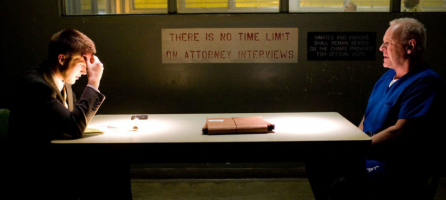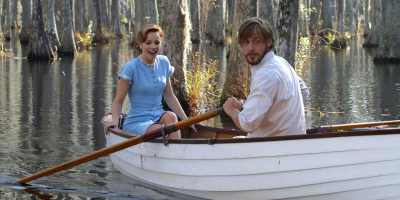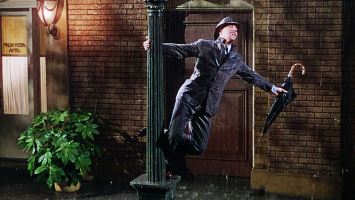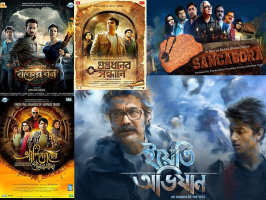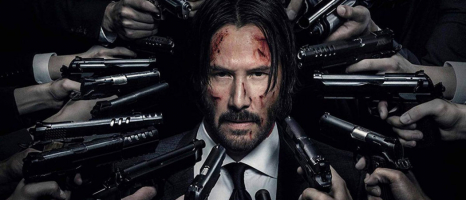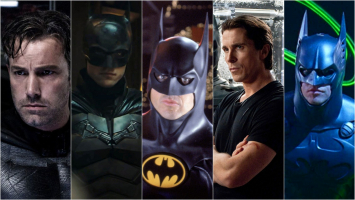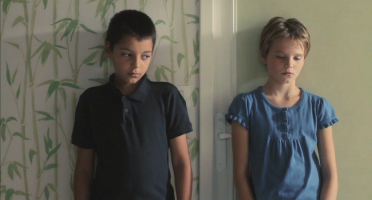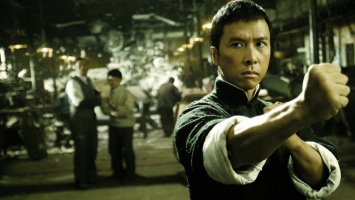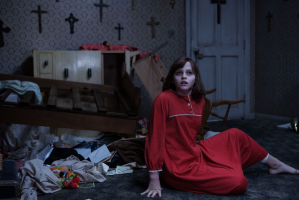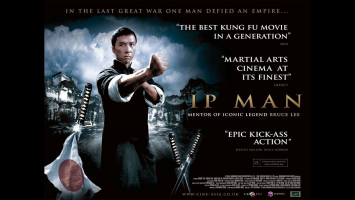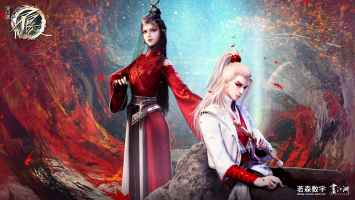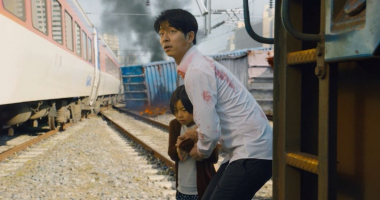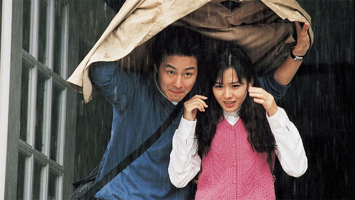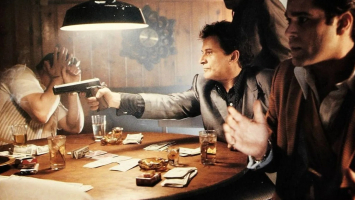Top 10 Best Chinese Movies of All Time
Even though most of us are accustomed to viewing Hollywood films with large budgets and frequently a lot of CGI, there are many outstanding films produced ... read more...outside of Hollywood and the United States. This post is a list of the Best Chinese movies of all time. Even though they don't have the same budget as Hollywood movies and most don't have the same visual effects, most of them have very wonderful tales.
-
'The War of Loong,' a historical war picture, is one of the finest action Chinese films of all time. The film, which is based on an actual historical event, is a mirror of society, its people, and the beliefs of the period. If you want to obtain a glimpse into the minds of Chinese people today, you should look at the films that are going to theaters. During the French invasion of China in 1885, the French troops seized over Zhengnan Guan, which is located in the Chinese province of Guangxi. In that situation, a 70-year-old man named General Feng Zicai and his two sons volunteered to fight in order to protect their homeland.
The film is based on a true historical occurrence. During the French invasion of China in 1885, the French troops seized over Zhengnan Guan in Guangxi Province. General Feng Zicai, 70, and his two sons opted to fight in order to safeguard their beloved nation. The commander recognized that the war would be tough to win since the French forces possessed far superior equipment, resources, and weaponry. He took his own coffin to the fighting zone to demonstrate his loyalty and determination. He also used his knowledge of the Zhangnan Guan topography to devise methods and weaponry that were appropriate for their circumstances.
Detailed information:
Directed by: Feng Gao
Starring: Yuanping Xing, Qihu AnYun, Jin Cao, Denis Chernov
Release date: 4 August 2017
Running time: 105 minutes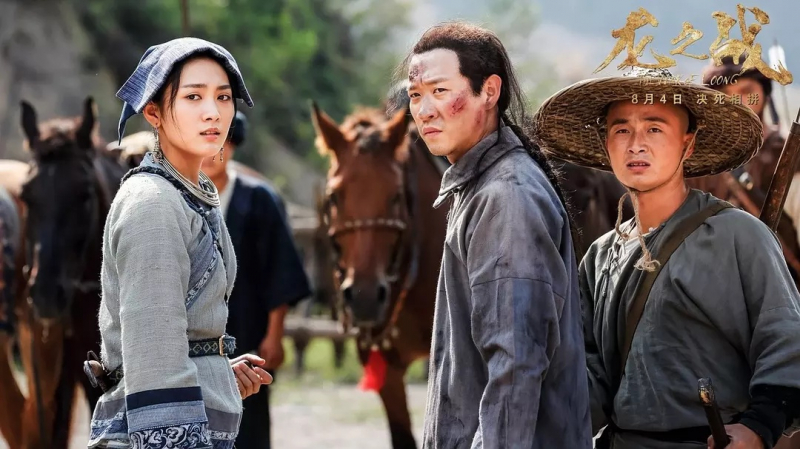
The War of Loong (2017) The War of Loong (2017) -
"A Better Tomorrow" was a watershed moment in Hong Kong's action film, catapulting John Woo and Chow Yun-Fat to international celebrities. Chow Yun-Fat had previously been associated with a string of box office disappointments and was dubbed "box-office poison" by industry insiders. Chow rose to prominence as one of Hong Kong's most marketable performers with the success of "A better tomorrow."
This film is essentially a remake of the 1967 classic film "Story of a Discharged Prisoner," and it tells the story of two polar opposite siblings whose divergent lifestyles result in a variety of catastrophic results. One brother is a successful counterfeiter, and the other is a graduate of the Hong Kong police school. When the younger brother discovers that his older brother is a criminal, he makes significant attempts to reform him. These efforts result in some of the most memorable shootouts and betrayal narratives in film history.
Detailed information:
Directed by: John Woo
Starring: Ti Lung, Leslie Cheung, Chow Yun-fat, Emily Chu, Waise Lee
Release date: 2 August 1986
Running time: 95 minutes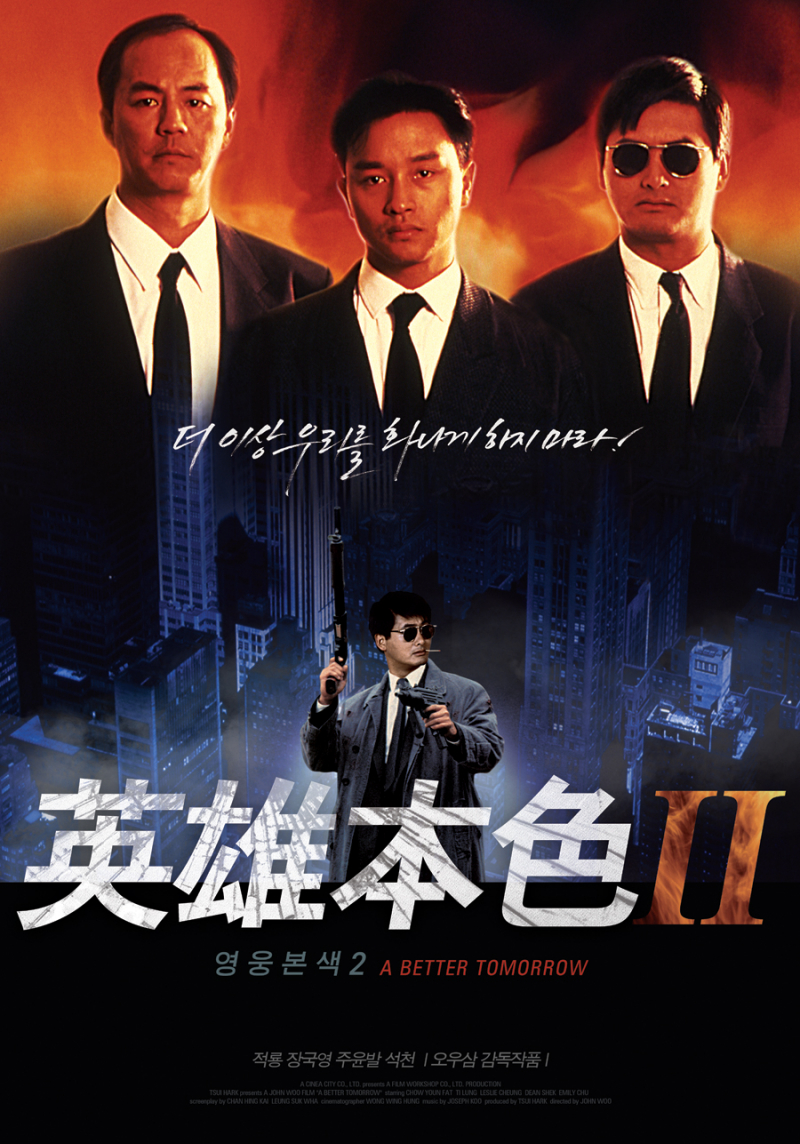
A Better Tomorrow (1986) – Hong Kong A Better Tomorrow (1986) – Hong Kong -
It's a suspenseful crime-thriller directed by Andrew Lau and Alan Mak that follows the story of a police officer who infiltrates a triad group and another cop who works undercover for the same mafia. Both the undercover officer and the gang mole devote 10 years of their lives to their fake identities, resulting in complicated identity disorders.
"Infernal Affairs" was heralded as a comeback for mainstream Hong Kong film, which had been suffering from a creative drought up to that point. The majority of the more fascinating films came from either the underground or the mainland. Not only was it a huge worldwide success, but Martin Scorsese reinvented it as "The Departed." Despite the fact that the majority of reviewers deemed "Infernal Affairs" to be the superior film, it was denied an Academy Award nomination, and as many of you are aware, "The Departed" went on to win best picture in 2007.
Detailed information:
Directed by: Andrew Lau
Starring: Andy Lau, Tony Leung, Anthony Wong, Eric Tsang
Release date: 12 December 2002
Running time: 101 minutes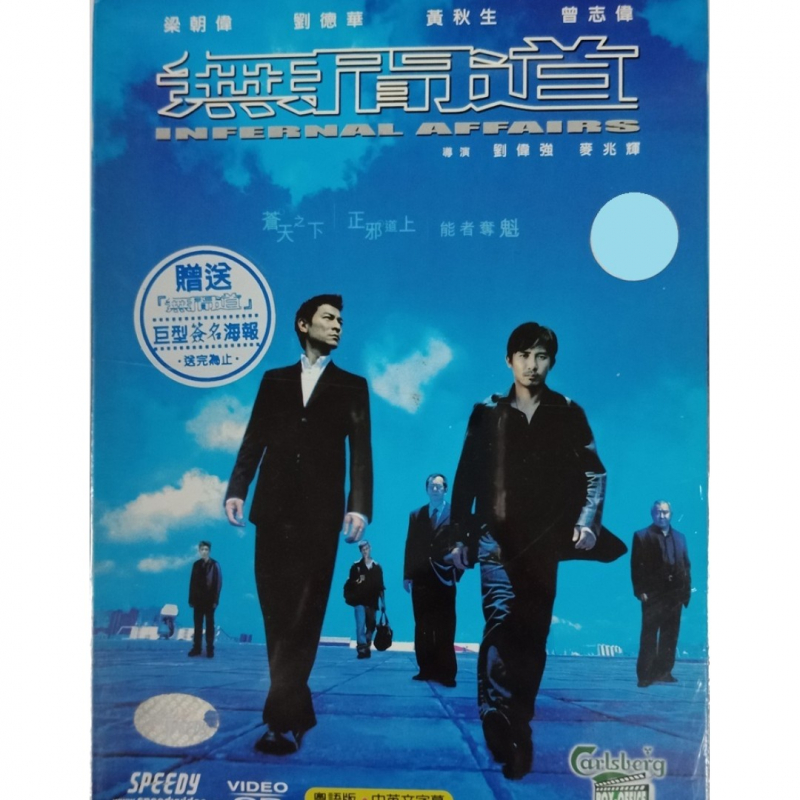
Infernal Affairs (2002) Infernal Affairs (2002) -
"The Butterfly Murders" heralded a new era in Hong Kong filmmaking and established a new standard regarding the action film genre. Tsui Hark gained his reputation in the east with this picture, and it established him as one of the most significant personalities in Hong Kong's New Wave.
The film combines traditional Wuxia traditions with science fiction and noiresque murder mystery ideas. It's hardly surprising that Tsui was subsequently dubbed "one of the masters of Asian cinematography" because of his remarkable use of complicated cinematography and imaginative effects.
In terms of narrative, it follows a journalist who is attempting to unravel a mystery; he enlists the help of a martial arts master and a woman. The group visits an unusual castle, where they are besieged by lethal butterflies and a strange killer dressed in black leather.
Detailed information:
Directed by: Tsui Hark
Starring: Lau Siu-ming, Michelle Yim
Release date: 20 July 1979
Running time: 88 minutes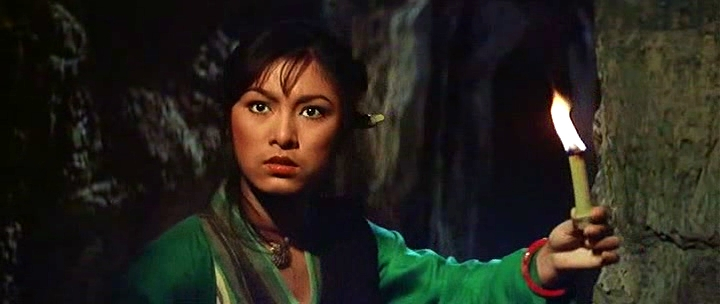
The Butterfly Murders (1979) The Butterfly Murders (1979) -
"Enter the Dragon" is a 1973 martial arts film directed by Robert Clouse. The film was Bruce Lee's final finished movie and is often regarded as his most well-known. Lee plays a martial artist who accepts to participate a combat contest in order to penetrate the den of an isolated criminal lord.
It is regarded as the classic Bruce Lee film and a sophisticated picture of the martial arts sub-genre that he helped popularize. Unlike previous martial arts films from studios such as the Shaw Brothers, Lee's style was more genuine and non-flamboyant. This technique would go on to alter audiences' perceptions of the "traditional" martial arts action film.
Despite being a co-American production, "Enter the Dragon" was the first film to introduce both martial arts and Chinese filmmaking to a really global public audience.
Detailed information:
Directed by: Robert Clouse
Starring: Bruce Lee, John Saxon, Ahna Capri, Bob Wall, Shih Kien, Jim Kelly
Release date: 19 August 1973
Running time: 102 minutes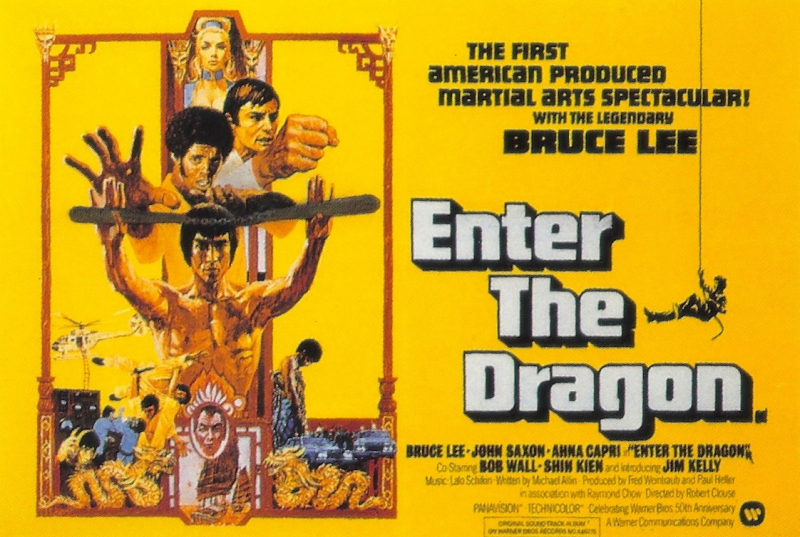
Enter The Dragon (1973) Enter The Dragon (1973) -
Ang Lee directed the wuxia film "Crouching Tiger, Hidden Dragon." The plot revolves around two warriors looking for a stolen sword and a nomad fugitive, both of whom meet a gorgeous yet highly talented aristocrat's daughter. Its spectacular photography by Peter Pau ("The Killer" and "The Swordsman") and lyrical martial arts choreography earned it nearly instant recognition.
Despite the fact that Ang Lee had previously created films in the United States ("Sense and Sensibility" in 1995), it wasn't until the success of "Crouching Tiger, Hidden Dragon" that he was recognized as one of Hollywood's big cinema directors. It reintroduced Chinese cinema to international mainstream audiences and fostered an eastern renaissance of King Hu-style martial arts films.
The film debuted at the Cannes Film Festival on May 18, 2000, and was released theatrically in the United States on December 8, 2000. Crouching Tiger, Hidden Dragon was an overwhelming critical and commercial success, winning over 40 awards and being nominated for 10 Academy Awards in 2001, including Best Picture, and winning Best Foreign Language Film, Best Art Direction, Best Original Score, and Best Cinematography, receiving the most nominations ever for a non-English language film at the time, until Roma tied this record in 2018. The film also received four BAFTAs and two Golden Globe Awards, one of which was for Best Foreign Film.
Detailed information:
Directed by: Ang Lee
Starring: Chow Yun-fat, Michelle Yeoh, Zhang Ziyi, Chang Chen, Sihung Lung, Cheng Pei-pei
Release date: 8 May 2000
Running time: 120 minutes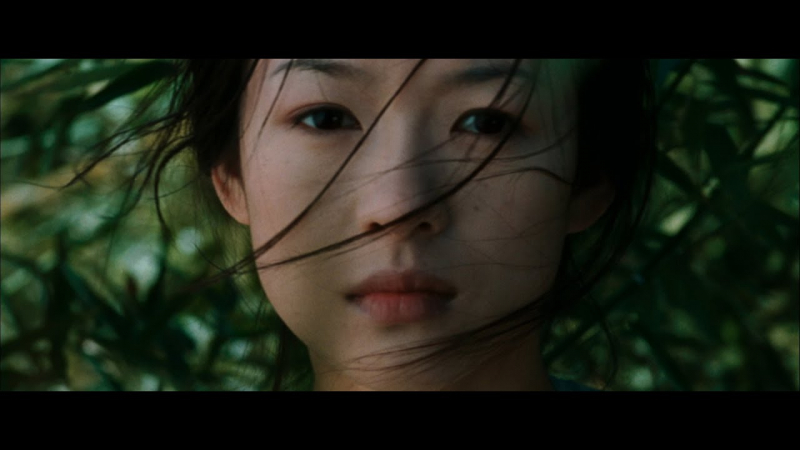
Crouching Tiger, Hidden Dragon (2000) Crouching Tiger, Hidden Dragon (2000) -
This film is available in two versions. A shorter, less propaganda-fueled version (clearly the superior edit), and a lengthier, more politically exaggerated one. The film is about two female friends who have a sibling-like bond while living in the 1930s and 1940s with a destitute Chinese opera group. Politics causes a schism between two ladies who later achieve fame and fortune. Many fans of the film have expressed concern over the film's probable gay implications.
It's easy to dismiss this picture because of its state-sponsored propaganda and the way it nearly appears to hijack its sense of creative integrity. Looking past the overpowering political influences, "Two Stage Sisters" is a poetic and wonderfully produced narrative about comradeship and personal integrity. What it lacks in political ambiguity, it more than makes up for with its enigmatic and sensitively handled study of a bitter-sweet romance.
Detailed information:
Directed by: Xie Jin
Starring: Xie Fang, Cao Yindi, Shangguan Yunzhu
Release date: 1964
Running time: 114 minutes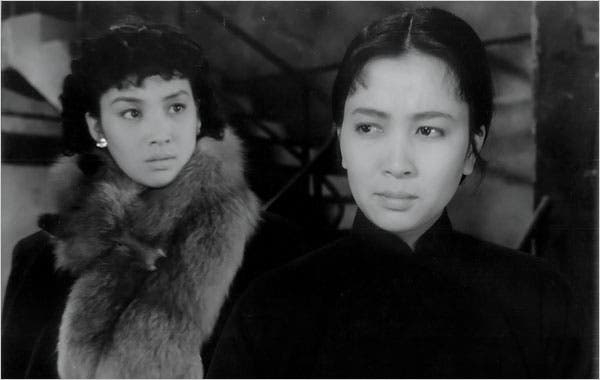
Two Stage Sisters (1965) Two Stage Sisters (1965) -
"Seventeen Years" is written in the style of a fable or folk tale about forgiveness. The plot and character development are extremely complicated, but the narrative is presented in an almost minimalist manner. The film is set in northeast China and follows a married couple with two daughters from prior marriages. One daughter is rebellious, while the other is more intellectual; their differences lead to frequent squabbles.
After a disagreement over a fake theft charge, the rebellious one accidentally kills her sister with a head injury. The girl is then imprisoned for seventeen years and grows up in solitary confinement. Almost two decades later the humiliated sister has been freed from jail for the New Year holiday. In a gesture of kindness, a young jail guard played by Li Bingbing volunteers to assist the youngster in locating her parents. It quickly becomes evident that she is scared to return home because she does not want to face the parents she has mentally wrecked.
Detailed information:
Directed by: Zhang Yuan
Starring: Li Jun, Li Bingbing, Liu Lin
Release date: September 1999
Running time: 90 minutes
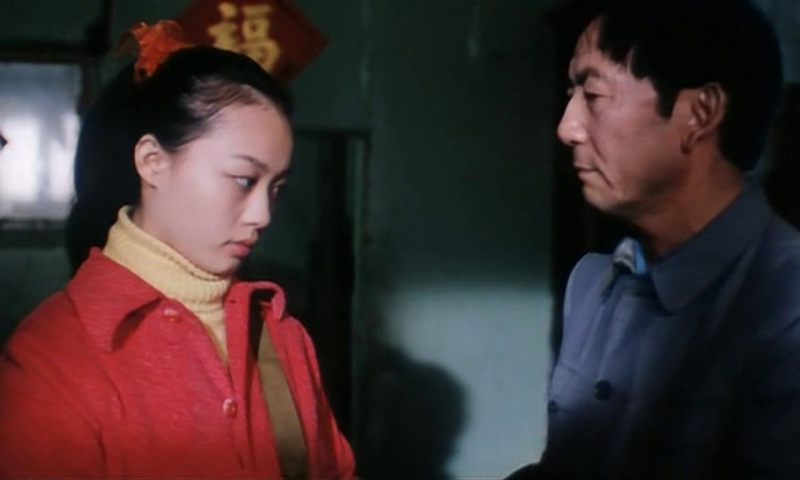
Seventeen Years (1999) – Mainland China Seventeen Years (1999) – Mainland China -
"Street Angel" acts similarly to a silent film, with moments in which little language is utilized and people say practically nothing. Director Yuan Muzhi was known for his slapstick comedy dramas and, like other second-generation directors, was a member of the Marxist Diantong Film Company. "Street Angel", despite its physical comedy parts, is one of Muzhi's most serious flicks. It begins as a comedy and progresses into a tragic drama.
The story follows two sisters who flee the fighting in Northeast China to Shanghai, where they live at the mercy of their avaricious landlords. Both sisters are eventually driven into prostitution, and because they come from lower-income families, they are financially trapped in their situation. The film is notable for its conceptual intricacies and breathtaking performances (Zhou Xuan and Zhao Huishen especially).
Detailed information:
Directed by: Yuan Muzhi
Starring: Zhou Xuan, Zhao Huishen, Zhao Dan
Release date: July 24, 1937
Running time: 91 minutes
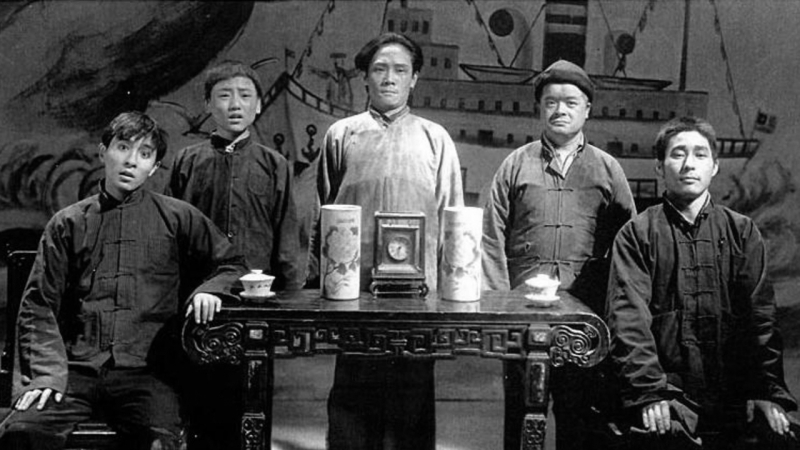
Street Angel (1937) – Mainland China Street Angel (1937) – Mainland China -
Jiang Wen directs, co-writes, produces, and stars in this Chinese black comedy. Wen is arguably more recognized for his acting than his directing, having been in critically praised films like "Red Sorghum," "Black Snow," and "The Soong Sisters." His first feature film as a filmmaker was the drama "In the Heat of the Sun," which won Best Picture at the Golden Horse Film Awards in 1994.
"Devils on the Doorstep" was shot in black and white and takes place during the latter years of the Second Sino-Japanese War. It depicts the story of a Chinese farmer who is forced by a mystery individual to look after two captives from the Japanese Army.
The film initially looks to be an anti-Japanese film (which there have been many in the history of Chinese cinema), but as it progresses, it becomes clear that the film is actually criticizing a typical attitude in Chinese art and film. "I believe the film shows this widespread human psychological habit of blaming others for calamities that goes beyond Chineseness," Jiang Wen famously stated.
Detailed information:
Directed by: Jiang Wen
Starring: Jiang Wen, Kagawa Teruyuki, Yuan Ding, Jiang Hongbo
Release date: 12 May 2000
Running time: 139 minutes
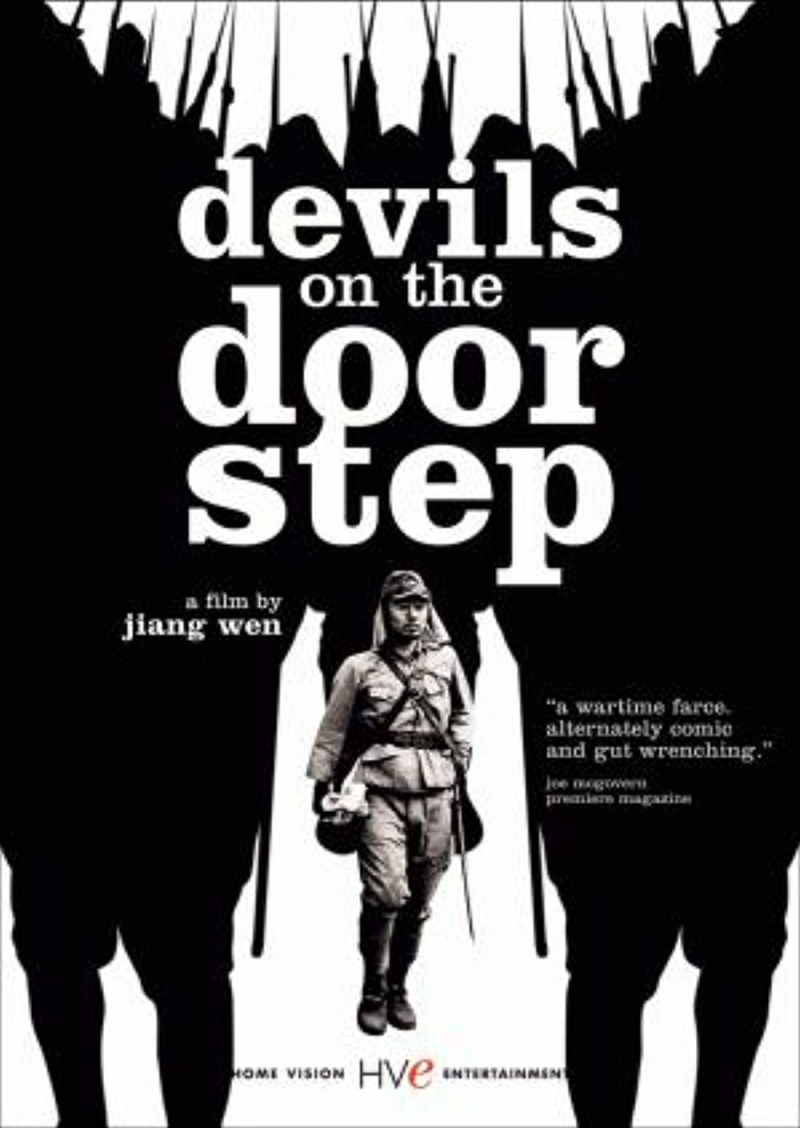
Devils on the Doorstep (2000) Devils on the Doorstep (2000)












